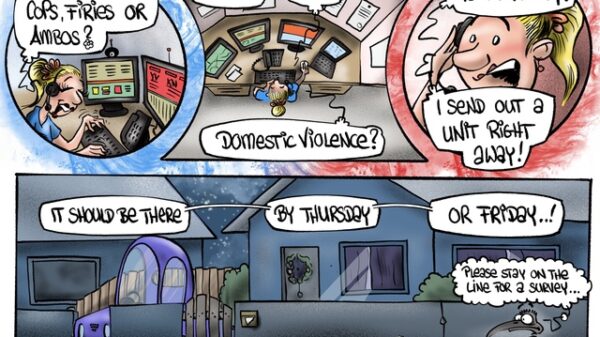A series of missile and drone strikes launched by Russia on October 5, 2023, has resulted in the deaths of at least 18 people, including four children, in Kyiv. The Ukrainian capital experienced one of its most intense assaults in recent months, as explosions rocked the city and smoke filled the night sky. These attacks have been interpreted by Ukrainian President Volodymyr Zelenskiy as a direct response to ongoing diplomatic efforts aimed at resolving the conflict that began in February 2022.
Rescue operations commenced promptly after the strikes, with emergency teams working through the wreckage of a residential block on Kyiv’s left bank. Reports indicate that at least two bodies were recovered from the debris. The strikes also caused significant damage to the European Union’s mission and the offices of the British Council in Kyiv, although no casualties were reported at these locations.
International Response and Casualties
In the wake of the attacks, both the European Union and the British government summoned Russian envoys to express their condemnation. President Zelenskiy took to social media platform X, stating, “Russia chooses ballistics instead of the negotiating table,” urging for increased sanctions against Moscow.
The Russian government, for its part, claimed that its missiles targeted military industrial facilities and air bases in Ukraine. A spokesperson for the Kremlin asserted that Ukraine had also attacked Russian sites, while maintaining that civilian targets were not intended. Nevertheless, Ukrainian officials have consistently reported significant civilian casualties resulting from Russian strikes on populated areas, with thousands killed since the onset of the war.
During the assault on Kyiv, at least 38 individuals sustained injuries. The attacks were widespread, impacting buildings across all city districts. In addition to Kyiv, Ukrainian military sources reported Russian strikes in 13 different locations across the country. The national grid operator, Ukrenergo, noted that energy facilities had been hit, leading to power outages in several regions.
Statements from Leaders and Ongoing Conflict
The intensity of the recent strikes highlighted the ongoing volatility of the situation. Mayor Vitali Klitschko called this assault one of the largest in recent months, reflecting the heightened tensions as winter approaches. Ursula von der Leyen, President of the European Commission, described the attacks as a grim reminder of the Kremlin’s tactics, stating, “It shows that the Kremlin will stop at nothing to terrorize Ukraine, blindly killing civilians and even targeting the European Union.”
In response to the strikes, EU member states are preparing a 19th package of sanctions against Russia. Discussions are also underway regarding the potential use of frozen Russian assets to aid Ukraine in its ongoing conflict.
British Prime Minister Keir Starmer denounced the attack, emphasizing the human cost, particularly the impact on children and civilians. He condemned President Vladimir Putin‘s actions, stating, “Putin is killing children and civilians and sabotaging hopes of peace.”
The Ukrainian military has reported that their air defenses intercepted a significant number of drones and missiles during the recent wave of attacks, managing to down approximately 563 of nearly 600 drones and 26 of 31 missiles launched by Russia. Yet, the impact of the strikes has been felt acutely, with critical infrastructure such as railway hubs also targeted, resulting in power outages for around 60,000 residents in the Vinnytsia region.
As the conflict continues, Ukrainian officials have warned that strikes on energy infrastructure are likely to increase as winter sets in, further complicating the humanitarian situation in the region.





























































